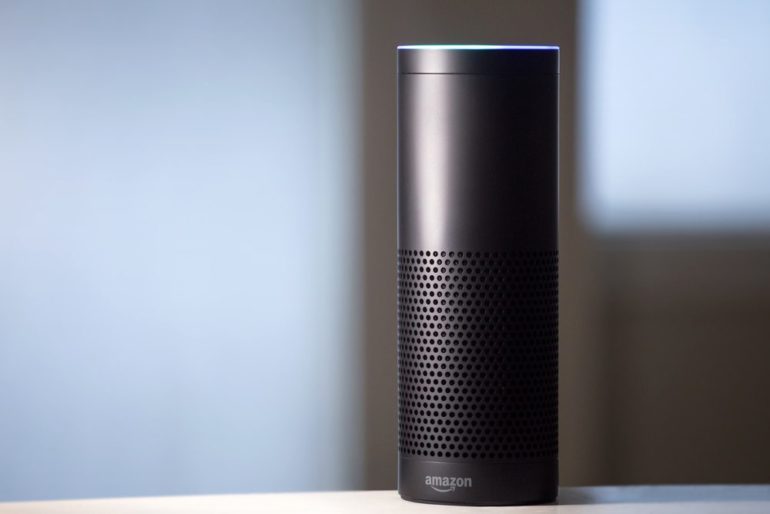The era of the disloyal consumer is upon us; new research has found that brand loyalty is tumbling as consumers prioritise speed, innovation and convenience when they shop.
The international study – which surveyed over 6,000 consumers across the UK, US and Benelux – showed that almost nine in ten consumers believe speed of delivery is more important to them than the brand being ordered.
Consumers are also becoming increasingly comfortable with new and innovative ways to shop, with 45 per cent currently using or likely to use digital assistants such as Amazon Echo, Alexa or Google Home in the next 12 months. They are more likely to use these devices than smart lighting, smart fridges and other white goods, Virtual Reality and Apple Home. As these services look to control the products shoppers buy, brand loyalty looks set to decline even more.
Nearly 6-in 10 say they can see the personal benefit of Programmatic Commerce™ – allowing technology to automatically purchase goods for them based on their set of product preferences – compared to 53 per cent the year before. Consumer hunger for new retail technology is growing fierce; 23 per cent identified as “digitally obsessed”, making almost all of their purchases online.
This need for speed and convenience plays into a wider shift in consumer shopping behaviour, as they value the variety of digital services on offer and experience that they receive overall: 60 per cent say that if a retailer were more digitally innovative, they would be more likely to shop there – emphasising the lucrative potential retailers could be tapping into, especially as 73 per cent say they plan to spend more in the future.
60 per cent of consumers in fact feel all online retailers should offer same-day delivery, compared to 2016’s research showing that the average expected delivery time was 2.6 days – no doubt fuelled by services such as Amazon Prime.
Consumers are preparing for the next generation of retail technology – reflected in the fact that on average, there are four devices per household (increasing to five in the US) and over half (51%) of all surveyed also said they could not comfortably live one day without connected devices.
It seems, however, that retailers are failing to provide these elevated digital and innovative experiences for customers. 57% believe the technology, apps and services they use in their own life are more sophisticated than that provided by digital retailers. Almost seven in ten (69%) said they want to see greater innovation to improve the customer experience, showing a desire to shop with only the most forward-thinking stores.
Hugh Fletcher, Global Head of Consultancy and Innovation at Salmon, said: “Loyalty is a complex thing. Across all sectors, we’re seeing fewer people favouring and remaining strongly aligned to certain brands and companies. This is especially prevalent in digital commerce – where the consumer focus on finding the lowest prices and fastest delivery doesn’t lend itself to being loyal to a certain product.
“However, as the study shows, loyalty is still there to be captured. Consumers are increasingly loyal to services over retailers – this is largely because the likes of Amazon is seen to be innovating and delivering the best overall experience to the consumer.
“It is this ‘experience’ that drives loyalty and will be the difference between being a leader in digital commerce and being left behind,” continued Fletcher. “What this means, however, is that retailers need to offer consumers a host of convenient services and harness innovative technologies in the process if they are going to attract and retain customers’ attention. As consumers are becoming more open to trying new technologies – or expect to in the coming months –retailers need to put in the ground work from now if they are to meet high expectations.”


